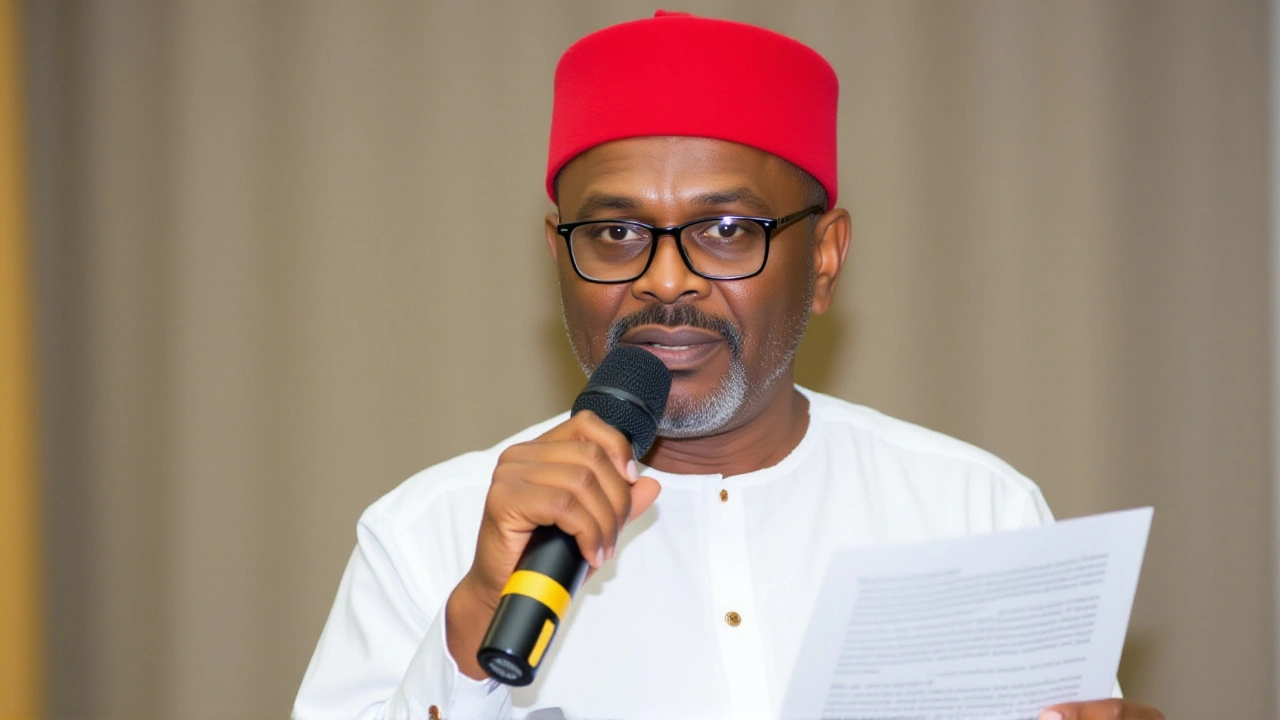Credential Scandal: What’s Happening and Why It Matters
When we talk about credential scandal, a breach where personal, academic or professional qualifications are falsified or misused. Also known as qualification fraud, it often triggers legal action, public outcry, and a scramble to tighten vetting processes. In South Africa and beyond, recent headlines show how a single forged degree can topple a minister, how a police deputy chief’s shady perks turn into a full‑blown corruption probe, and how language misuse can spark a national debate about accountability.
This wave of scandals connects several key entities. forgery, the act of creating false documents or credentials lies at the heart of the Uche Nnaji case, where a minister admitted to never holding a UNN degree. Then there’s corruption, the abuse of public office for personal gain that shows up in Julius Mkhwanazi’s illegal vehicle use and the K‑word controversy surrounding Gayton McKenzie. Finally, political accountability, the mechanisms that hold officials responsible for misconduct drives the follow‑up investigations, parliamentary hearings, and public protests. Together, these entities form a chain: credential scandal → forgery → corruption → political accountability, each step feeding the next.
Why These Stories Matter to You
If you’re a citizen, a student, or anyone who trusts public institutions, understanding credential scandals helps you spot red flags. A forged degree isn’t just a personal lie—it can reshape ministries, divert funds, and erode confidence in the system. The recent police deputy chief case shows how unchecked allowances and fraudulent claims can cost taxpayers millions, while the Hawks raid on comedian Anton Taylor highlights the tension between free speech and state power when scandals become political tools. Knowing the patterns—false documentation, hidden perks, misuse of language—lets you ask better questions and demand stronger oversight.
Below you’ll find a curated collection of up‑to‑the‑minute reports, analysis, and commentary on the most talked‑about credential scandals. From the minister’s admission of a fake degree to the police corruption inquiry, each piece breaks down the facts, the fallout, and what it means for future vetting and public trust. Dive in to see how these stories intersect, what lessons they offer, and how they’re reshaping the conversation about integrity in public life.
Nigerian Minister Geoffrey Nnaji Resigns Amid Credential Scandal
Geoffrey Nnaji resigns as Nigeria's innovation minister after credential fraud claims, sparking legal action and political fallout ahead of the 2027 elections.

